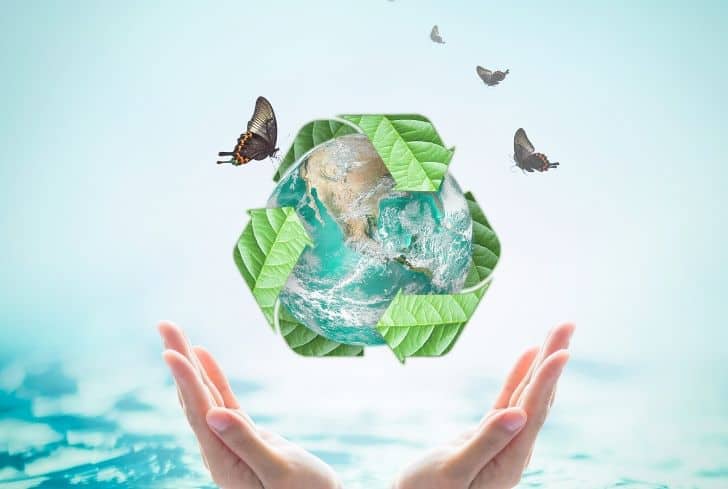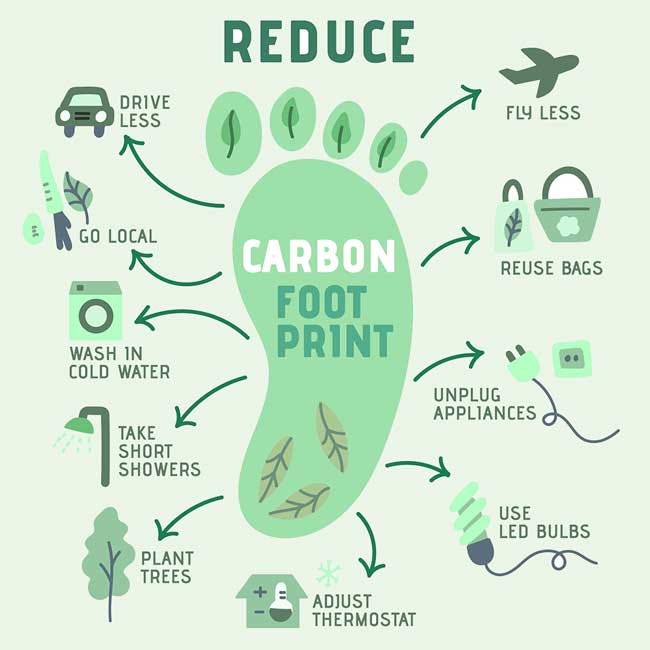The Role of ChatGPT in Sustainable Living Practices

ChatGPT, a large language model developed by OpenAI, has emerged as a powerful tool that can assist in various aspects of sustainable living practices. Its capabilities in natural language processing, information retrieval, and knowledge generation make it a valuable resource for individuals and organizations seeking to reduce their environmental impact.

One key role of ChatGPT is providing personalized recommendations. By understanding users’ preferences and lifestyle, ChatGPT can offer tailored suggestions for sustainable practices. For instance, it can recommend energy-efficient appliances, guide users in choosing eco-friendly materials, or suggest ways to reduce food waste. This personalized approach helps individuals adopt sustainable habits that align with their specific needs.

ChatGPT also excels in answering questions and providing information on sustainability. Its vast knowledge base enables it to quickly retrieve and synthesize information from credible sources. Users can ask questions about sustainable practices, renewable energy technologies, climate change impacts, or any other related topics. ChatGPT’s responses are comprehensive, informative, and often include citations to relevant research. This allows users to stay up-to-date on the latest developments in sustainability and make informed decisions.
Furthermore, ChatGPT can help develop educational materials and resources on sustainable living. Its ability to generate comprehensive text, translate languages, and summarize complex concepts makes it suitable for creating manuals, fact sheets, or educational content. By providing accessible and engaging materials, ChatGPT empowers individuals and organizations to enhance their understanding of sustainability and develop effective strategies for implementing sustainable practices.
In addition to these direct contributions, ChatGPT can also indirectly support sustainable living practices. By providing information and answering questions on a wide range of sustainability topics, ChatGPT helps raise awareness about environmental issues and the importance of collective action. This increased awareness can motivate individuals and organizations to adopt more sustainable lifestyles and take proactive measures to reduce their carbon footprint.
In conclusion, the role of ChatGPT in sustainable living practices is multifaceted. Its capabilities in personalized recommendations, question answering, information retrieval, and content generation make it a valuable resource for individuals and organizations seeking to reduce their environmental impact. ChatGPT empowers users with knowledge, provides tailored suggestions, and contributes to raising awareness about sustainability, thereby promoting the adoption of more sustainable living practices.# The Role of ChatGPT in Sustainable Living Practices
Executive Summary
ChatGPT, a large language model developed by OpenAI, has the potential to significantly contribute to sustainable living practices. Its capabilities in natural language processing, knowledge retrieval, and generation can empower individuals and organizations to make more informed decisions, optimize resource utilization, and promote environmental stewardship. This article explores the diverse applications of ChatGPT in sustainability, examining its role in various domains such as energy efficiency, waste management, and sustainable consumption.
Introduction
Sustainability has emerged as a global imperative, necessitating the adoption of practices that minimize environmental impact and promote intergenerational equity. ChatGPT offers a powerful tool for advancing sustainable living by providing real-time information, personalized recommendations, and tailored solutions to address environmental challenges.
Frequently Asked Questions (FAQs)
- Can ChatGPT help me reduce my carbon footprint?
- Yes, ChatGPT can provide personalized recommendations on energy-efficient appliances, renewable energy options, and sustainable transportation choices.
- How can ChatGPT assist in waste management?
- ChatGPT can identify local recycling programs, provide tips on waste reduction, and connect users with organizations promoting sustainable waste disposal practices.
- Can ChatGPT contribute to sustainable consumption?
- ChatGPT can suggest eco-friendly alternatives to consumer products, promote responsible purchasing habits, and support the shift towards a circular economy.
Subtopics and Applications
1. Energy Efficiency
- Optimizing Energy Consumption: ChatGPT analyzes energy usage patterns, identifies areas for improvement, and suggests energy-saving measures tailored to individual lifestyles.
- Predictive Analytics for Energy Management: ChatGPT uses historical data and machine learning algorithms to forecast energy demand, allowing for efficient grid management and peak load reduction.
- Renewable Energy Promotion: ChatGPT provides information on renewable energy sources, their environmental benefits, and financial incentives available for their adoption.
2. Waste Management
- Waste Stream Analysis: ChatGPT helps organizations and individuals analyze their waste streams, identify opportunities for waste reduction, and develop targeted waste management strategies.
- Recycling and Compost Optimization: ChatGPT provides guidance on proper recycling procedures, connects users with local recycling programs, and promotes composting as a sustainable waste disposal method.
- Circular Economy Support: ChatGPT facilitates the transition towards a circular economy by suggesting circular supply chain models, promoting reuse and repair initiatives, and connecting users with organizations working towards zero-waste goals.
3. Sustainable Consumption
- Eco-Friendly Product Recommendations: ChatGPT offers personalized recommendations for eco-friendly alternatives to consumer products, considering factors such as durability, energy efficiency, and environmental impact.
- Responsible Purchasing Habits: ChatGPT promotes sustainable purchasing habits by educating users on ethical consumption practices, fair trade principles, and the importance of supporting local and sustainable businesses.
- Carbon Footprint Tracking and Offsetting: ChatGPT enables users to track their carbon footprint and provides guidance on offsetting their emissions through certified programs and carbon sequestration initiatives.
4. Environmental Advocacy
- Citizen Science and Data Collection: ChatGPT can assist in organizing citizen science initiatives, empowering individuals to collect environmental data and contribute to scientific research.
- Policy Development and Advocacy: ChatGPT assists policymakers and environmental advocates in crafting evidence-based policies, developing stakeholder engagement strategies, and amplifying environmental messages.
- Education and Awareness Campaigns: ChatGPT provides educational resources and supports awareness campaigns aimed at promoting sustainable lifestyles, fostering environmental stewardship, and inspiring collective action.
5. Climate Change Mitigation
- Climate Risk Assessment: ChatGPT helps individuals and organizations assess their exposure to climate change risks, providing tailored recommendations for adaptation and mitigation measures.
- Greenhouse Gas Emissions Tracking: ChatGPT allows users to track their greenhouse gas emissions and provides suggestions for reducing their environmental impact through lifestyle changes and technological upgrades.
- Climate-Resilient Infrastructure Design: ChatGPT assists engineers and architects in designing climate-resilient infrastructure that can withstand the impacts of climate change and promote sustainable urban development.
Conclusion
ChatGPT has the potential to revolutionize sustainable living practices by empowering individuals and organizations to make informed decisions, optimize resource utilization, and promote environmental stewardship. Its conversational interface, vast knowledge base, and advanced analytical capabilities make it an invaluable tool for addressing complex sustainability challenges. As the technology continues to evolve, ChatGPT’s contributions to sustainable living are likely to expand, further propelling us towards a more sustainable and prosperous future.
Keyword Tags
- Sustainable Living
- ChatGPT
- Energy Efficiency
- Waste Management
- Sustainable Consumption
